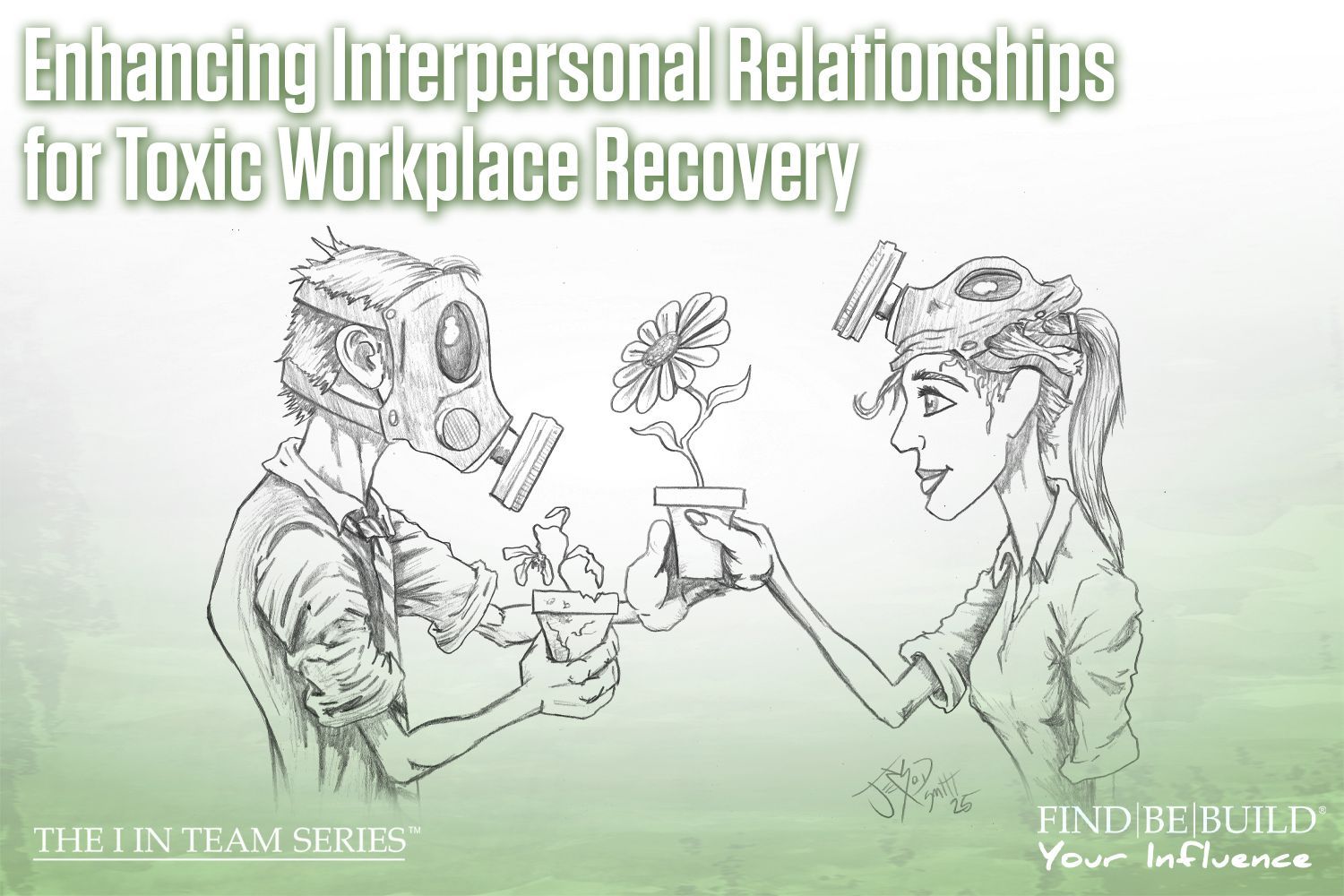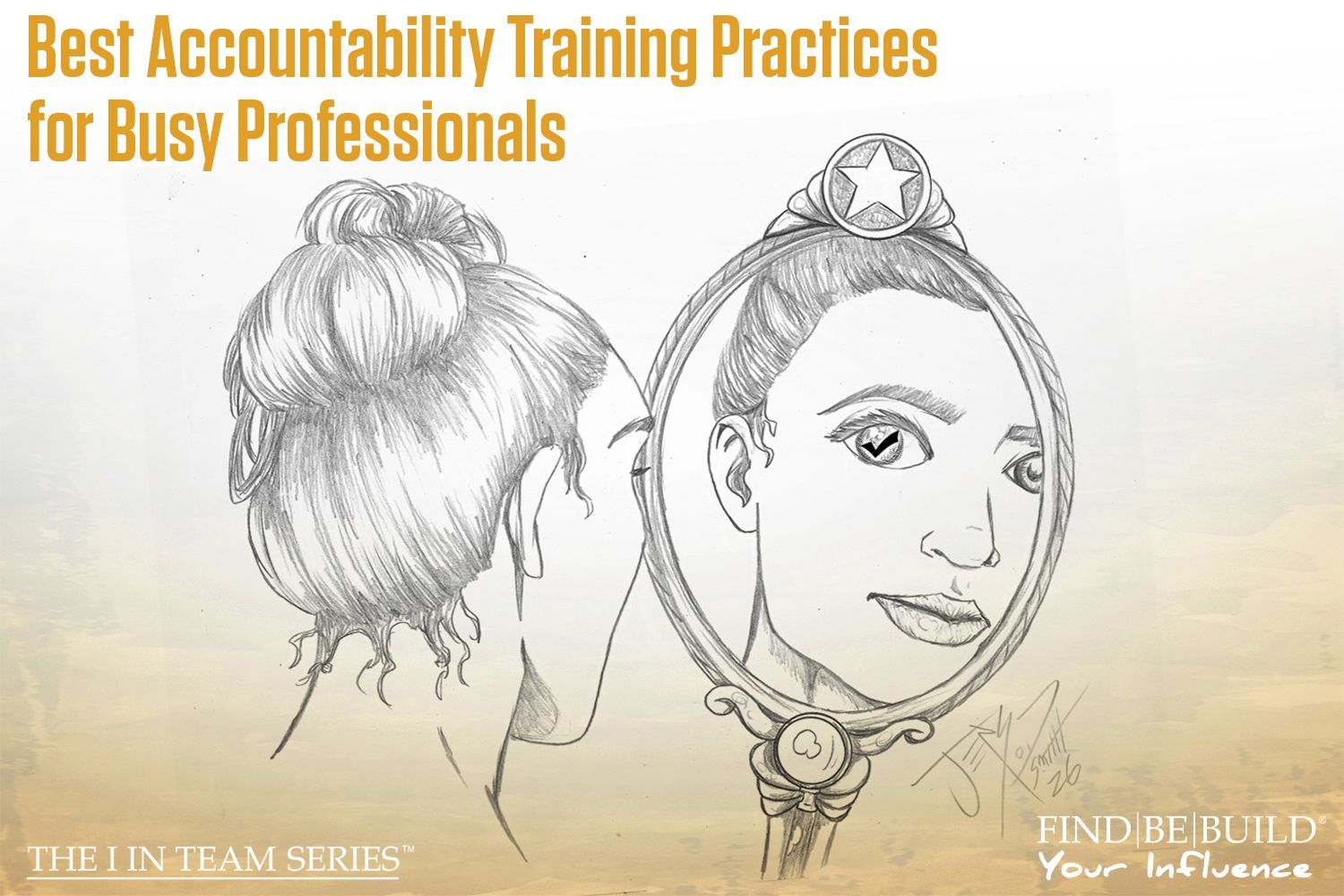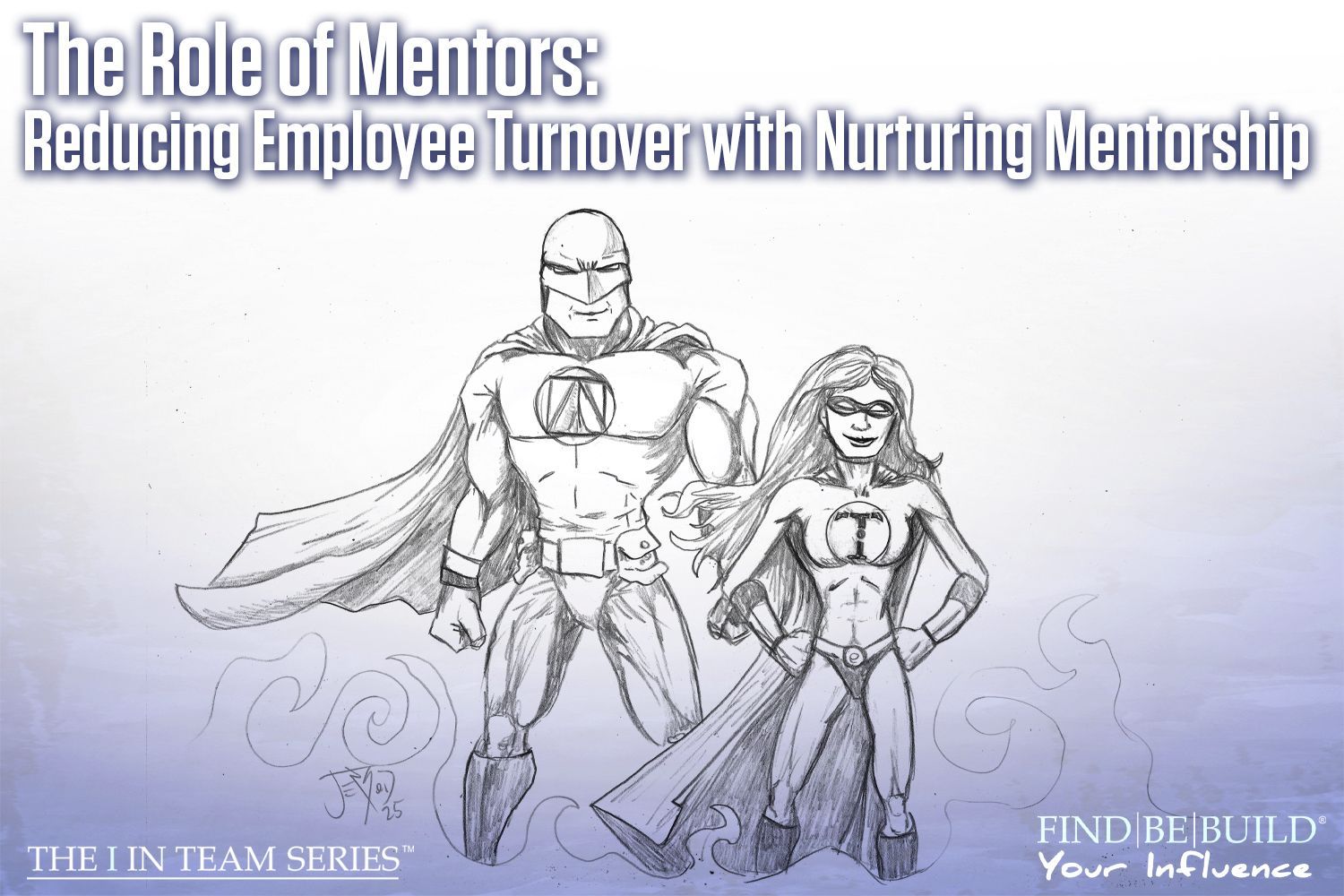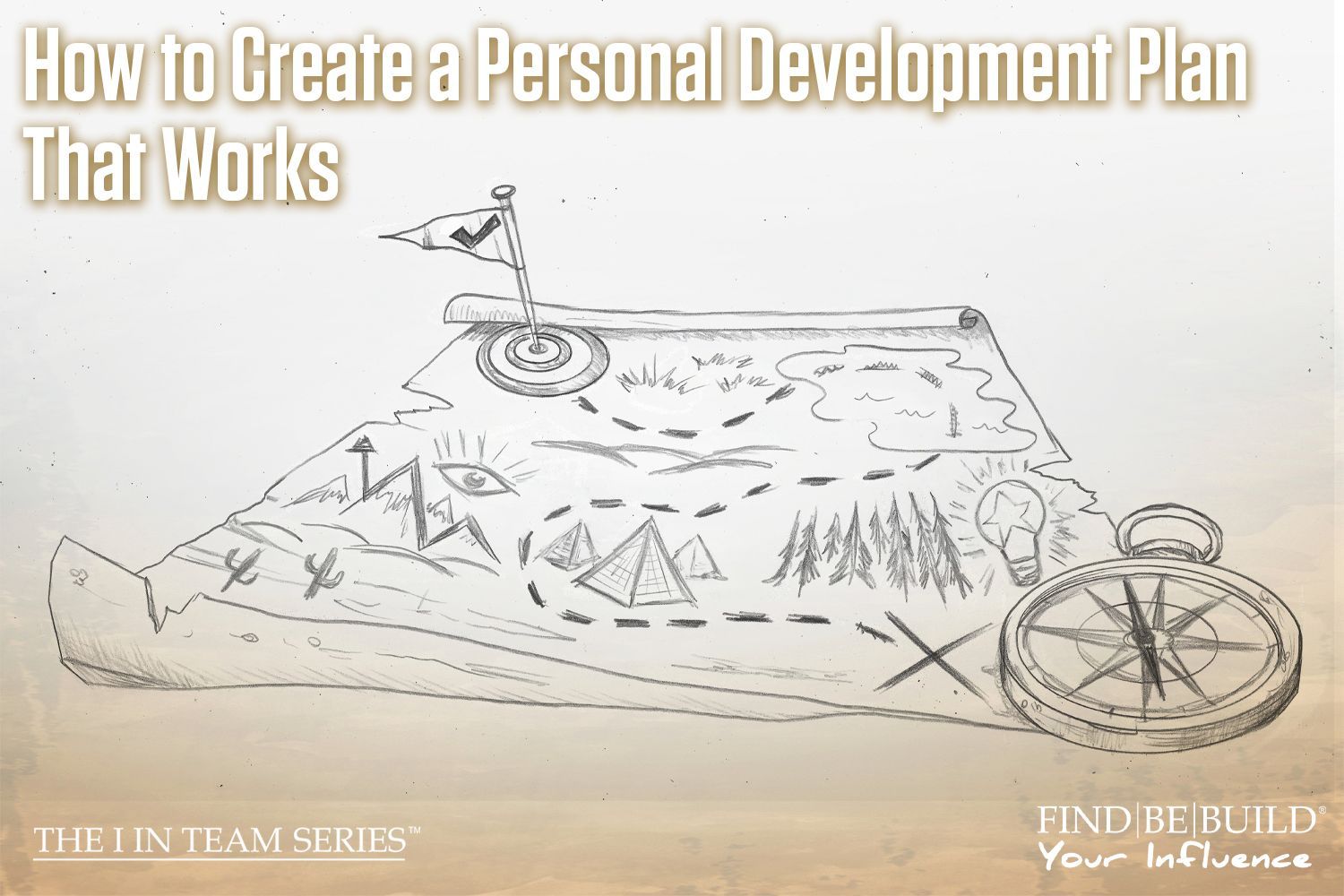The Influence of Positive Habits on Leadership Communication Skills

Hi, team! Mary here, ready to continue our journey through the I in Team series where we focus on helping you Find, Be, and Build your influence. Leadership communication skills are often a hot topic as we continue to navigate the change of our developing world. On paper, it’s a no-brainer, but in practice, it can be much more difficult. That’s why, this week, we are sharing our top S.M.A.R.T. Management habits and outlining how they influence communication skills.
Practice Active Listening
Active listening means taking the time to truly hear what someone is saying. You can do this by minimizing distractions, such as phone calls and email pings, and setting your focus on the individual. You can use micro-communications to signal that you are, in fact, active listening: slow head nods, allowing your eyes to rest, crinkling your eyelids, and small adjustments of the mouth. These micro-communications, when done in sync with the speaker, will undeniably signal active listening.
How it helps:
Most experts would agree that the foundation for anyone looking to increase their communication skills is active listening. Without listening, communication crumbles. Active listening signals interest, respect, and time given, which increases trust and builds positive workplace culture.
Speak S.M.A.R.T.
S.M.A.R.T. Management is the foundation of how we help and teach our clients, but it’s also an excellent resource for communication. Speaking S.M.A.R.T. means that your communication is specific, measurable, attainable, relevant, and timely. How many times have you responded to an email request with, “When do you need this by?” or, “What is this task’s priority?” Leaders who mindfully speak S.M.A.R.T. ensure that every part of their communication is so.
How it helps:
By implementing a S.M.A.R.T. communication strategy, you help make everyone on your team accountable. It helps reduce confusion and time spent trying to figure out what someone wants.
Seek and Encourage Feedback
Many will steer clear of giving a leader, supervisor, or manager feedback because of the unspoken culture that permeates life: We do not give feedback to those whom we see as being “above” us because we do not feel like it is our “place.” I use these words loosely because I’m making a broad generalization. It’s up to positive leaders to break down this barrier! That means that leaders need to openly seek and encourage feedback from their team.
How it helps:
Welcoming feedback shows warmth, openness, and grounded humility. Doing so consistently will retrain and redirect team members to speak up and hold leaders accountable. When held accountable, leaders will be able to see their blind spots and adjust as needed to continue along the path of developing their leadership communication skills.
Practice Mindful Non-verbal Cues
We talked about this briefly in the section on active listening, but non-verbal cues extend past micro-communications because they are not always micro. Non-verbal cues are things like crossing your arms over your body, looking down, and fidgeting. Would it surprise you to learn that you actually say more with your non-verbal cues than you do with verbal ones?
How it helps:
Your body language and eye contact communicate a lot, so by staying in control of your non-verbal cues, you reinforce that you are trustworthy, sincere, and confident.
Reflect and Improve Your Leadership Communication Skills
It’s nearly impossible to get better at something if you don’t take a moment to pause, reflect, and adjust. Like building any habit, you need to take time to figure out what is working and what isn’t so that you can pivot and move closer to your goal of being an excellent communicator.
Bottom Line
Nobody’s communication skills are perfect. We all slip up, even those of us who write blogs like this. All we can do is affirm our desire to be a good leader and take steps to get there. If you can listen actively, practice S.M.A.R.T. communication, encourage feedback, remain mindful of your non-verbal cues, and reflect on your progress, I have no doubt that you will be able to develop positive leadership communication skills.
Would you like an accountability partner? IA Business Advisors has provided one-on-one executive coaching since our inception nearly 30 years ago. Don’t hesitate to reach out. We would love to help you!












